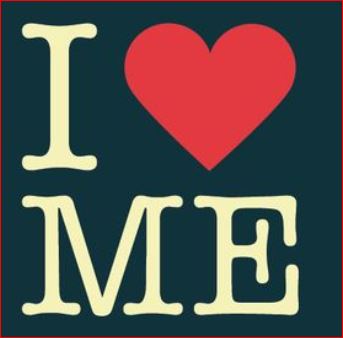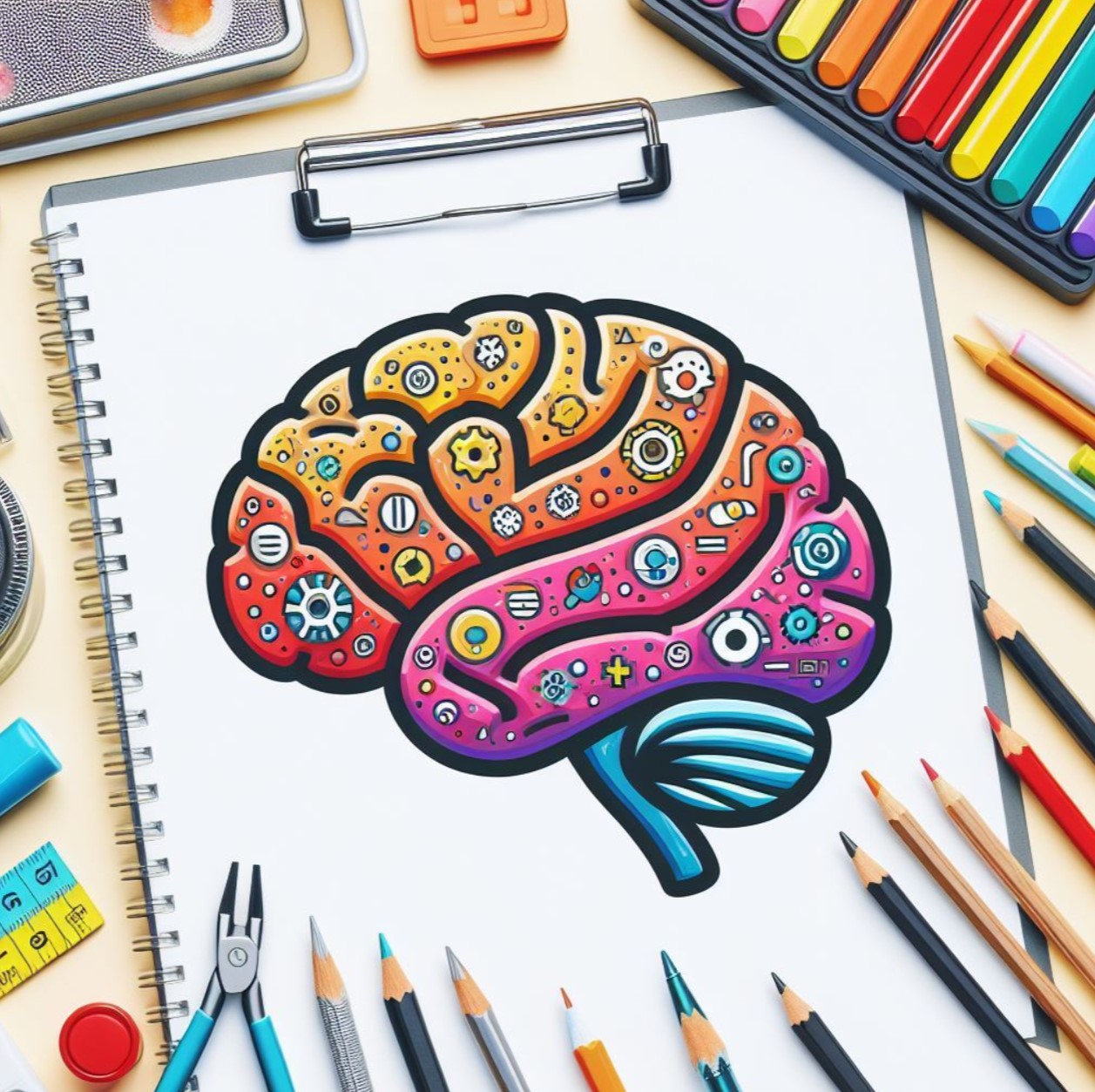Navigating the Smartphone Dilemma: A Parent’s Guide to Having Difficult Technology Conversations
The timing and approach to smartphone access fundamentally shape child development beyond just digital skills. During early years, children’s brains undergo critical periods of development in attention, emotional regulation, and social capabilities. Research shows premature smartphone introduction can alter these developmental pathways, while thoughtful restriction creates space for crucial skill building.









